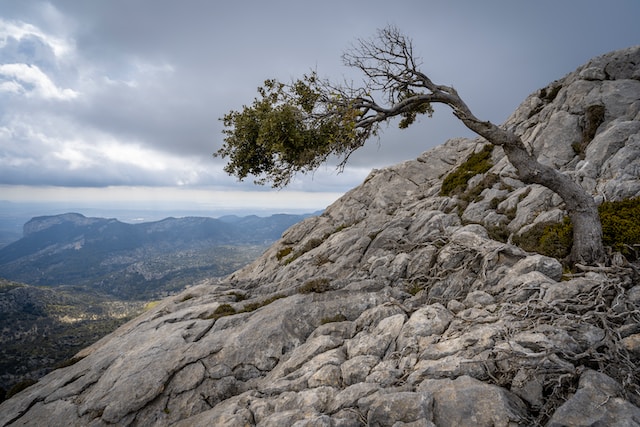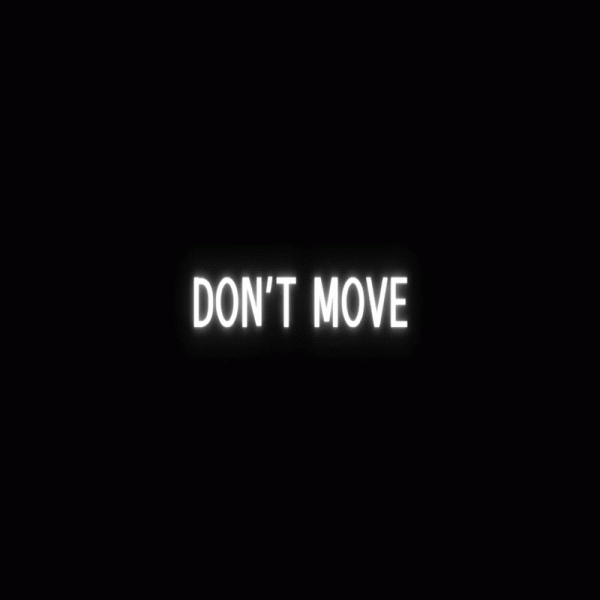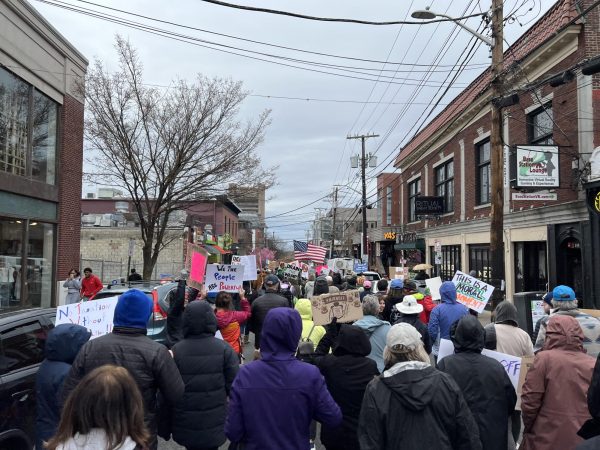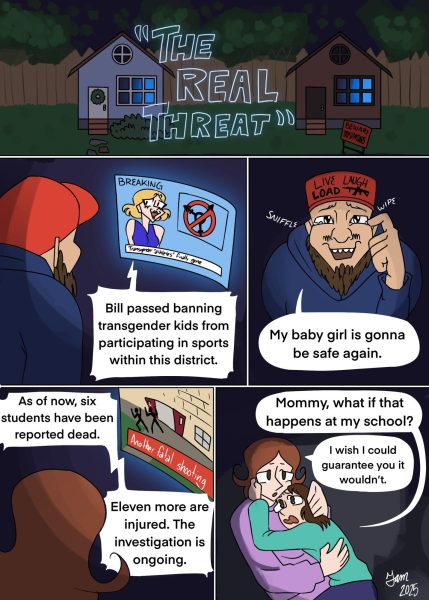The Balancing Act of Resilience
At what point of resilience do you become a different person? This was a prompt in one class or another, it has to be a year now, and although I can’t remember the class, I remember the feeling this prompt gave me. Many were quick to answer that resilience only makes your character stronger, but the more I learn, the more I would argue otherwise. What comes with every hardship, every situation when the ugly underbelly of society greets you like a long forgotten acquaintance, is the making of the chameleon soul. It’s not what heroes or villains are made of, it’s not your experiences turning you into a harsher person or an altruistic Christ figure, it’s losing the person you were, and forgetting how to become that person again.
Although I do have the type of obsessive-compulsive personality that would spontaneously decide to rethink a AP Lang prompt a year too late, there were multiple events that triggered my reinvestigation into the topic. It was after a particularly long day, the kind that seems to have weeks and months go by in the span of 24 hours, and I realized I believed in nothing at all, those concepts like love and the afterlife that motivated masses to revolution, were missing from my ideology. At the blooming of spring a buzz grew of hope for upperclassmen, of what we would major in, where we would go, but there was no imagined future for me, no north star to show me where to go even on the blackest night. My existence was secular, I realized, but it hasn’t always been. This wasn’t due to lack of spirit or drive, I made it over every hurdle, every scare, every long night, but that was it, I made it. By all accounts I was resilient, but now I wondered if that was all I was, a person who could be anything and was nothing at the same time.
It’s the line of thinking that no matter what, you can survive. You are confident in your ability to adapt, and become the best at whatever you may be doing, but being paralyzed when met with a notion of decision, when forced to imagine a future that you determine. It’s not dissimilar to the belief of fate determinism, that your previous actions determine your future, it’s rather the catalyst for such a cycle. With resilience you continually change yourself to fit the mold of your situation, technically you’re the same person, but with every new mold you get farther from the values and demeanor of the original.
Through resilience you survive, but you never unlearn what it took to survive. For example, take the Great Depression. Many of that generation who lived through the economic collapse, even today practices things like keeping expired food, and saving money in their home, because that’s what they did to survive, although many of those practices are impractical now. When you deal with chronic pain of some sort, you learn to do things differently, avoid situations that could cause a flare up, down to the way you grab things and use your extremity. You’re still surviving, but your resilience has alienated you. When you’re in a workplace dominated by men, you learn to deal with the degrading and humiliating aspects of the job, and eventually you don’t bat an eye when faced with mistreatment. You wonder when did your morals change? Where did that social-justice-strong-willed-woman go? Well, she became resilient.
According to the Resilience Institute, a charity organization, resilience can have several down sides, including persisting meaninglessly. Take the workplace example, at what point does your complacent attitude and continued resilience make you a part of the problem, you could get another job, but resilience would argue for you to tough it out. Too much resilience can be likened to trying to tough out a broken bone. Putting on a brave face and positive attitude, won’t mend the broken. It’s like being with an abrasively positive significant other, the kind that constantly tells you to be grateful for what you have, and look on the bright side.
The issue of resilience reminds me of two main characters in two books I’ve recently read: Raskolnikov in Crime and Punishment by Fyodor Dostoevsky and Humphrey Van Weyden in The Sea Wolf by Jack London. Raskolnikov, an ex-student, recently poor and alone, has to live in poverty in St. Petersburg, he adapts to his situation, his demeanor becomes more grim and nihilistic, he becomes accustomed to drunken men and poverty stricken families, and in the process loses his humanity and conscience. Razumikhin, his foil, while exposed to a similar situation never gives up hope, they both had resilience to survive in their environment, yet this resilience had drastically different effects. In The Sea Wolf, Van Weyden, a once affluent academic, becomes accustomed to violence when held hostage on a sea schooner by the brutal captain Wolf Larsen, who looks at life as a parasitic entity with no higher purpose, Van Weyden, once shaken by such violence, learns to survive his situation by desensitizing himself to it. In this case, his resilience led to a loss of humanity and innocence; however, it did gain him the ability to survive the unsurvivable and an appreciation for physical work he hadn’t had previously.
Resilience in many cases seems to be a double approach-avoidance conflict, to be not resilient can result in negative and positive consequences, and vice versa. To survive life, you need to learn to put up with certain situations, especially as a woman or as part of a minority group, yet at the same time, where does the line get drawn, and how will situations ever get better if we ourselves, are singing a mantra of resilience when should be singing one of change? In literature, and in life, there is a price to resilience, and a reward, which is why resilience can’t be a virtue that’s applied to everything in life, but rather a decision that should be assessed on a case by case basis, and even that can be difficult. Ethnic minority groups, according to the Journal of Child & Adolescent Trauma, tend to be more resilient when it comes to mental health. The same applies to poverty-stricken households, and this can affect them negatively in the future and lead to a generational cycle of trauma and resilience.
So whether or not adversity makes you stronger is impossible to answer definitely, there is perhaps nothing that can make you stronger without a price, and to say whether or not something made you stronger is pointless to ponder because you cannot start to guess what would happen otherwise. Adversity rarely leaves you a choice but to survive or let its wave crash over and drown you, so the question of resilience being a negative or positive is null, its like breathing or a beating heart, for those who are not spoiled by wealth and opportunity, there is little other choice than to be resilient.












